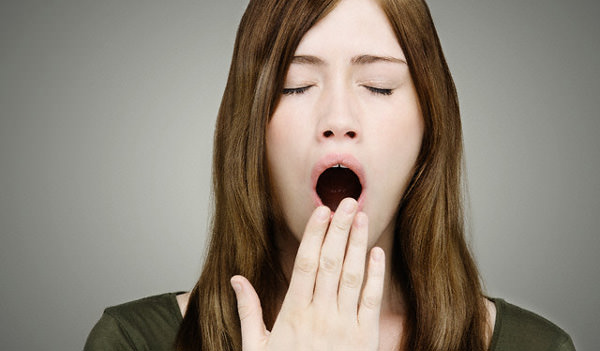
Sleepiness during the day happens to everyone. Sometimes we explain it with air pressure variations, insufficient sleep, and in most cases – with too much work and stress. When we face such states once in a while there is no need to worry. Unfortunately phrases such as “constant fatigue and lack of energy”, “daytime sleepiness” or “sleepiness and fatigue” are one of the most frequently googled ones. Should we worry?
Diagnosis
Excessive feeling of tiredness during the day is a commonly reported health issue in the developed countries. As much as 25 percent of adults admit they are suffering from it a couple of days per month, 14 percent per week, and 8 percent almost every day. It is also worth emphasizing that the excessive sleepiness is more dangerous than… insomnia. The lack of concentration may cause difficulties at school and work, it disrupts proper functioning which is often confused with laziness and also increases the risk of metabolic disorders (diabetes or obesity). First step towards the improvement is the extension of sleep time. Uninterrupted sleep should take at least 8 hours a day during a minimum of 4 weeks. If the symptoms persist and the yawning during daily regular activities still occurs, it is recommended to do tests for diabetes, kidney and liver disease, chronic inflammation, hypothyroidism, as well as depression and mental disorders. However, these are extreme cases where sleep disorders are just a small part of the picture and they may be caused by completely different issues.
Sleep apnea
Obstructive sleep apnea (OSA) is a disease characterised by episodes of stopping or limiting airflow in respiratory tract with increased muscle activity in throat area. Loud irregular snoring interrupted with periods of silence is a very frequent and often ignored symptom. Sudden awakenings and increased heartbeat are also characteristic of OSA. Sleep apnea is also associated with day time symptoms such as excessive sweating, headaches, irritability, nervousness and dry mouth. It also manifests itself with falling asleep during simple activities such as reading or watching TV.
Hypersomnia
Hypersomnia is a pathologically increased sleepiness which continues after waking up or occurs during various engaging activities. People suffering from hypersomnia fall asleep unexpectedly and for this reason the disorder is often described as “sleep attacks”. Concentration problems or lack of energy are seemingly harmless symptoms – however – they can lead to huge dangers like, e.g. falling asleep while driving a car. Numerous awakenings in the night result in sleepiness during the day because you get inefficient sleep which prevents you from getting proper rest.
Obesity
Overweight and high fat levels in the body are underestimated yet very dangerous reasons for sleep disorders and overall fatigue. Penn State College of Medicine researchers emphasize in their studies that obesity has as much impact on sleep and resting disorders as depression! According to them obesity causes constant inflammation in the body which conduces the secretion of cytokines – proteins involved in the immune response of the body. It is the increased level of cytokines that makes us feel constantly tired.
Sleep hygiene
The most ignored issue in case of increased sleepiness during the day is sleep hygiene. It can be maintained by the application of a couple of simple rules. The first of them is regular time of going to sleep, also on weekends. You should also avoid stress in the bedroom, e.g. try not to read emails or think about work. The quality of used bedding is also significant. It is best to give up allergen fillings and take proper care of individual comfort (e.g. with sensory/weighted blankets).
Although most of us have the basic knowledge of sleep hygiene it is not that easy to apply it as it requires determination and – above all – regularity. And that is certainly not an easy task nowadays, even when talking about relax.




